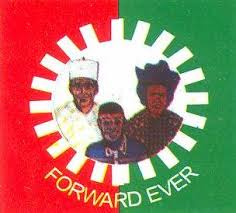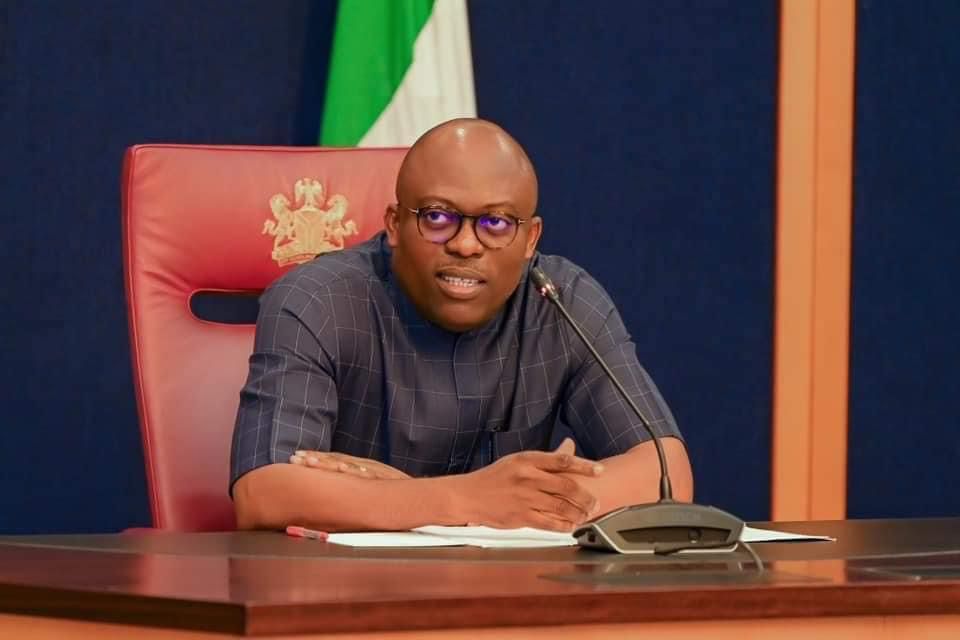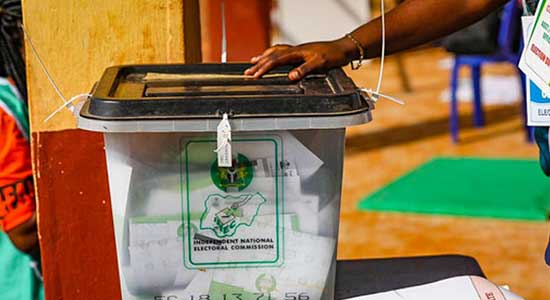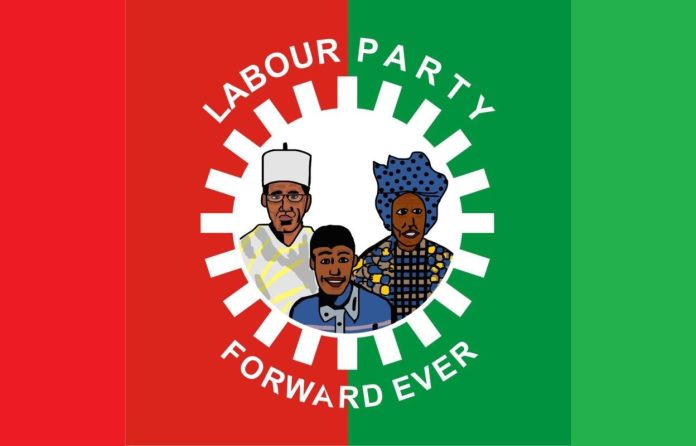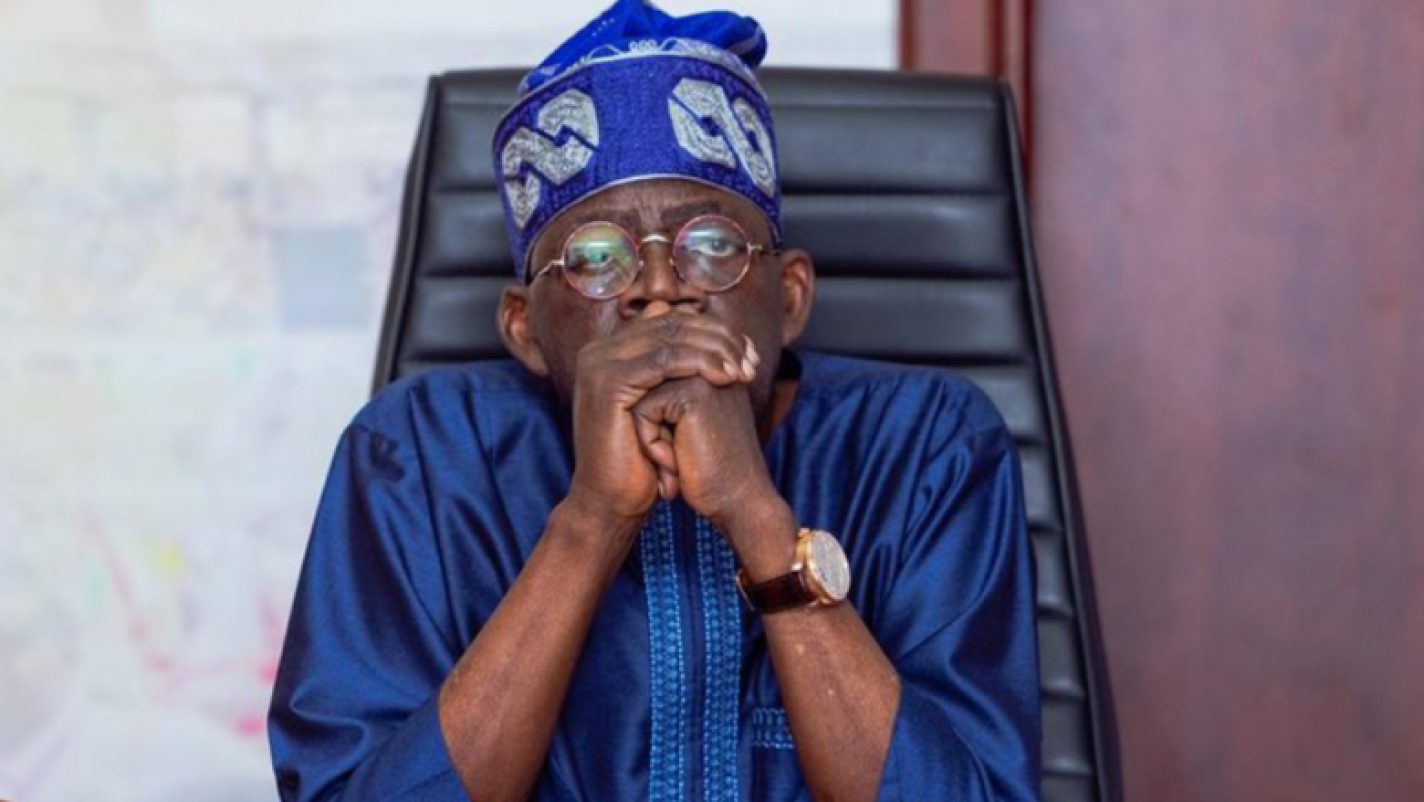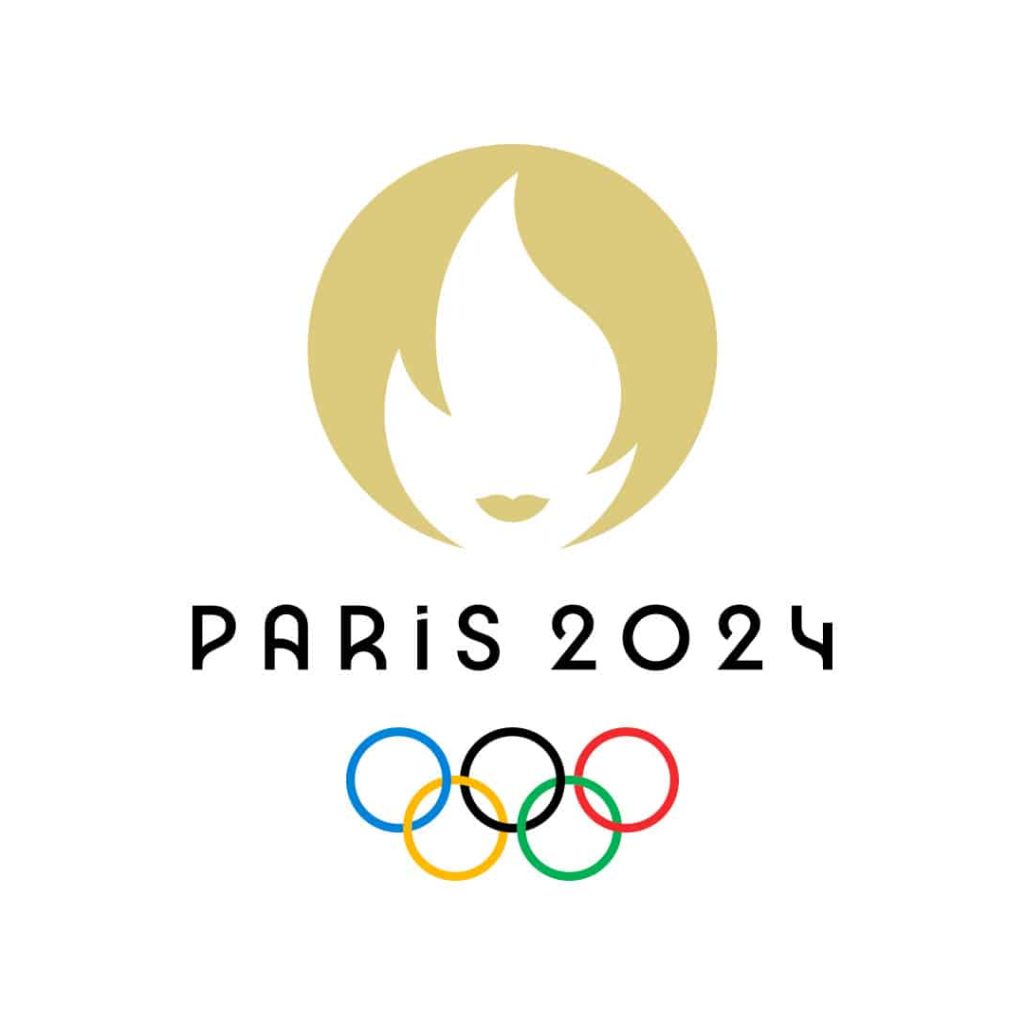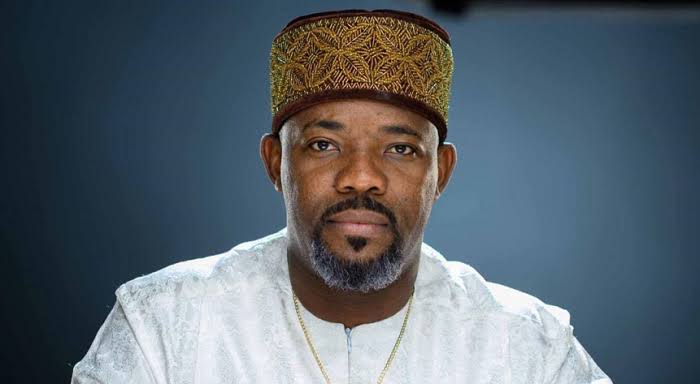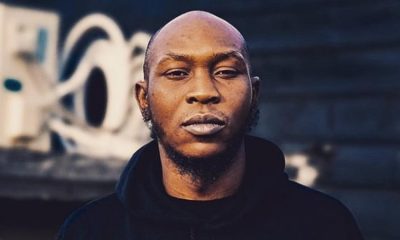Political parties in Nigeria are like the mysterious stranger that you know about, yet cannot fully understand. You know they exist, they occupy your thoughts, you know they are important and they influence your reality, but you are not entirely sure what they do or what role they play. You are blinded by the façade they maintain and the opinions they curate.

You know there is a deeper meaning behind all their actions, yet you are unsure if they drive the actions of politicians or are mere victims of political ambitions. All you know is that they are a pressure group that comes out every four years, organises a fanfare, follows the “democratic” process and presents the country’s leaders; and of course, you believe that political parties are that elite group reserved for the country’s top one per cent.
One of the questions I have been asked quite often is this: “If you are advising others to actively participate in politics and join political parties, why haven’t you picked up a party’s membership card?” There are several reasons for this decision. One of which is that my work is deeply influenced by my interest in a candidate and how much I believe in their cause. Simply put, I work for people, not political parties. Why am I talking about this today? Over the past few weeks, I have been trying intentionally to shine a light on different career paths that influence politics without the need to contest elections. However, at this point, it seems necessary to discuss my experience with party politics.
Before I go further, I would like to clearly state that due to Nigeria’s political structure you cannot practise politics without getting involved with political parties. Even if you decide to remain non-partisan, your employer is partisan. Thus, you will experience party politics with or without your permission. It will happen. Make peace with that.
My last experience gave me a front seat into party polities. Before now, I had minor encounters with party politics but I maintained a disinterest, choosing to focus on the communication aspect. What I did not realise then was that the politicking process started from the lowest level of the party structure with the participation of the everyday Nigerians; the ones that cry blood when Spaghetti hit the N400 market price.
So here is what happens when a person decides to run for office. Nigeria’s Constitution does not allow for independent candidates, unfortunately; so the person has to join a political party. You would analyse the best party to join depending on the position you seek to contest, the ruling party, your personal chances and your resources (mostly financial). You should make this analysis about five to ten years before you actually contest. Most parties have a specific time a person must “serve” in the party before you can contest on their platform; that is where the case of waivers comes in. After you pick up your membership cards, you have to consciously start building your network and resources. This might take years, except you have the financial resources and like to dash people money.
At this stage, the party is merely a club and you attend its activities once or twice every three months (depending on if it is an election year or not). A strategic person will start implanting people and pumping in financial resources to have a strong hold on the decision-making process of the party. All these will give you a better chance at the primary elections which is a party affair without much interference from the general public. It is at this stage even very popular people lose elections due to the so-called party interests. It is also at this stage that the tone is set for how the national cake will be divided when such people get into office.
Here also, the prospective candidate goes for consultations with party members. Unlike what you presume, the pepper seller complaining about how her gain is N50 after selling an entire crate of egg might be a woman leader and thus a party’s major stakeholder.
The plumber with five children unable to attend university due to increment in fees might be a local government party chairman, thus a major stakeholder. These stakeholders are everyday citizens with membership cards of political parties. The “cabal” consist of your hairdresser who will cry about the increasing price of hair attachment. The delegates are made up of the electrician you tipped an extra N100 because of his sad story of how he has not eaten in days. These are the stakeholders that will collect thousands of naira before swearing their loyalty to your ambition. This is why money cannot be fully separated from politics, because, God forbid you consult these people without cash at hand.
While this politicking is going on, the “intelligent well-meaning” Nigerians sit on a high stool, pretend we are too pure to get involved in party politics, point fingers at politicians, and raise our noses at the national structures of parties without knowing why and hold twitter spaces on “what we can do to take back our country”. I am not condemning agitation or activism.
But the issue is: we are too focused on the politics at the centre we completely forget that political parties control over 1533 political positions, ranging from the States House of Assemblies, National Assembly, gubernatorial positions, etc., and all these positions affect us in more ways than we know.
If the right people invest their time into becoming party members and earn a seat at the table for party decision-making, we can cut down the cost of participating in Nigeria’s politics. With the right people and the right attitude, political parties will no longer be a place for people to just “cash-out”. Rather, it will be an actual pressure group interested and invested in presenting the country’s best as the political class. Nothing stops political parties from identifying proven leaders in society and encouraging them to participate in politics. What we have now is that when people want to serve as public servants, they sacrifice their blood, sweat and tears to this organisation, sometimes almost losing everything they have in this twisted process. At the end of the day, the platform contributes more to our problems than aiding the solution.
Another election year is here. Primary elections are over, which means that to a certain extent, the backroom deals have been concluded. New alliances will be entered and the crumbs left from the distribution of the national cake before the primaries are now being shared. Political parties have made billions and trillions in the past few months.
Campaigns will officially start towards the end of September and the fanfare will once again be in our faces. I say again if you seek change, unlike me, do register as a member of a political party. Unlike me, serve the party and become a force that cannot be ignored even if it is at the ward level. We can keep signing electoral acts and protesting, speaking English and condemning vote-trading; the decision-makers will keep identifying loopholes and the pepper seller will keep cashing out every four years.
Augusta Nnadi
Political parties in Nigeria are like the mysterious stranger that you know about, yet cannot fully understand. You know they exist, they occupy your thoughts, you know they are important and they influence your reality, but you are not entirely sure what they do or what role they play. You are blinded by the façade they maintain and the opinions they curate.

You know there is a deeper meaning behind all their actions, yet you are unsure if they drive the actions of politicians or are mere victims of political ambitions. All you know is that they are a pressure group that comes out every four years, organises a fanfare, follows the “democratic” process and presents the country’s leaders; and of course, you believe that political parties are that elite group reserved for the country’s top one per cent.
One of the questions I have been asked quite often is this: “If you are advising others to actively participate in politics and join political parties, why haven’t you picked up a party’s membership card?” There are several reasons for this decision. One of which is that my work is deeply influenced by my interest in a candidate and how much I believe in their cause. Simply put, I work for people, not political parties. Why am I talking about this today? Over the past few weeks, I have been trying intentionally to shine a light on different career paths that influence politics without the need to contest elections. However, at this point, it seems necessary to discuss my experience with party politics.
Before I go further, I would like to clearly state that due to Nigeria’s political structure you cannot practise politics without getting involved with political parties. Even if you decide to remain non-partisan, your employer is partisan. Thus, you will experience party politics with or without your permission. It will happen. Make peace with that.
My last experience gave me a front seat into party polities. Before now, I had minor encounters with party politics but I maintained a disinterest, choosing to focus on the communication aspect. What I did not realise then was that the politicking process started from the lowest level of the party structure with the participation of the everyday Nigerians; the ones that cry blood when Spaghetti hit the N400 market price.
So here is what happens when a person decides to run for office. Nigeria’s Constitution does not allow for independent candidates, unfortunately; so the person has to join a political party. You would analyse the best party to join depending on the position you seek to contest, the ruling party, your personal chances and your resources (mostly financial). You should make this analysis about five to ten years before you actually contest. Most parties have a specific time a person must “serve” in the party before you can contest on their platform; that is where the case of waivers comes in. After you pick up your membership cards, you have to consciously start building your network and resources. This might take years, except you have the financial resources and like to dash people money.
At this stage, the party is merely a club and you attend its activities once or twice every three months (depending on if it is an election year or not). A strategic person will start implanting people and pumping in financial resources to have a strong hold on the decision-making process of the party. All these will give you a better chance at the primary elections which is a party affair without much interference from the general public. It is at this stage even very popular people lose elections due to the so-called party interests. It is also at this stage that the tone is set for how the national cake will be divided when such people get into office.
Here also, the prospective candidate goes for consultations with party members. Unlike what you presume, the pepper seller complaining about how her gain is N50 after selling an entire crate of egg might be a woman leader and thus a party’s major stakeholder.
The plumber with five children unable to attend university due to increment in fees might be a local government party chairman, thus a major stakeholder. These stakeholders are everyday citizens with membership cards of political parties. The “cabal” consist of your hairdresser who will cry about the increasing price of hair attachment. The delegates are made up of the electrician you tipped an extra N100 because of his sad story of how he has not eaten in days. These are the stakeholders that will collect thousands of naira before swearing their loyalty to your ambition. This is why money cannot be fully separated from politics, because, God forbid you consult these people without cash at hand.
While this politicking is going on, the “intelligent well-meaning” Nigerians sit on a high stool, pretend we are too pure to get involved in party politics, point fingers at politicians, and raise our noses at the national structures of parties without knowing why and hold twitter spaces on “what we can do to take back our country”. I am not condemning agitation or activism.
But the issue is: we are too focused on the politics at the centre we completely forget that political parties control over 1533 political positions, ranging from the States House of Assemblies, National Assembly, gubernatorial positions, etc., and all these positions affect us in more ways than we know.
If the right people invest their time into becoming party members and earn a seat at the table for party decision-making, we can cut down the cost of participating in Nigeria’s politics. With the right people and the right attitude, political parties will no longer be a place for people to just “cash-out”. Rather, it will be an actual pressure group interested and invested in presenting the country’s best as the political class. Nothing stops political parties from identifying proven leaders in society and encouraging them to participate in politics. What we have now is that when people want to serve as public servants, they sacrifice their blood, sweat and tears to this organisation, sometimes almost losing everything they have in this twisted process. At the end of the day, the platform contributes more to our problems than aiding the solution.
Another election year is here. Primary elections are over, which means that to a certain extent, the backroom deals have been concluded. New alliances will be entered and the crumbs left from the distribution of the national cake before the primaries are now being shared. Political parties have made billions and trillions in the past few months.
Campaigns will officially start towards the end of September and the fanfare will once again be in our faces. I say again if you seek change, unlike me, do register as a member of a political party. Unlike me, serve the party and become a force that cannot be ignored even if it is at the ward level. We can keep signing electoral acts and protesting, speaking English and condemning vote-trading; the decision-makers will keep identifying loopholes and the pepper seller will keep cashing out every four years.
Augusta Nnadi
Political parties in Nigeria are like the mysterious stranger that you know about, yet cannot fully understand. You know they exist, they occupy your thoughts, you know they are important and they influence your reality, but you are not entirely sure what they do or what role they play. You are blinded by the façade they maintain and the opinions they curate.

You know there is a deeper meaning behind all their actions, yet you are unsure if they drive the actions of politicians or are mere victims of political ambitions. All you know is that they are a pressure group that comes out every four years, organises a fanfare, follows the “democratic” process and presents the country’s leaders; and of course, you believe that political parties are that elite group reserved for the country’s top one per cent.
One of the questions I have been asked quite often is this: “If you are advising others to actively participate in politics and join political parties, why haven’t you picked up a party’s membership card?” There are several reasons for this decision. One of which is that my work is deeply influenced by my interest in a candidate and how much I believe in their cause. Simply put, I work for people, not political parties. Why am I talking about this today? Over the past few weeks, I have been trying intentionally to shine a light on different career paths that influence politics without the need to contest elections. However, at this point, it seems necessary to discuss my experience with party politics.
Before I go further, I would like to clearly state that due to Nigeria’s political structure you cannot practise politics without getting involved with political parties. Even if you decide to remain non-partisan, your employer is partisan. Thus, you will experience party politics with or without your permission. It will happen. Make peace with that.
My last experience gave me a front seat into party polities. Before now, I had minor encounters with party politics but I maintained a disinterest, choosing to focus on the communication aspect. What I did not realise then was that the politicking process started from the lowest level of the party structure with the participation of the everyday Nigerians; the ones that cry blood when Spaghetti hit the N400 market price.
So here is what happens when a person decides to run for office. Nigeria’s Constitution does not allow for independent candidates, unfortunately; so the person has to join a political party. You would analyse the best party to join depending on the position you seek to contest, the ruling party, your personal chances and your resources (mostly financial). You should make this analysis about five to ten years before you actually contest. Most parties have a specific time a person must “serve” in the party before you can contest on their platform; that is where the case of waivers comes in. After you pick up your membership cards, you have to consciously start building your network and resources. This might take years, except you have the financial resources and like to dash people money.
At this stage, the party is merely a club and you attend its activities once or twice every three months (depending on if it is an election year or not). A strategic person will start implanting people and pumping in financial resources to have a strong hold on the decision-making process of the party. All these will give you a better chance at the primary elections which is a party affair without much interference from the general public. It is at this stage even very popular people lose elections due to the so-called party interests. It is also at this stage that the tone is set for how the national cake will be divided when such people get into office.
Here also, the prospective candidate goes for consultations with party members. Unlike what you presume, the pepper seller complaining about how her gain is N50 after selling an entire crate of egg might be a woman leader and thus a party’s major stakeholder.
The plumber with five children unable to attend university due to increment in fees might be a local government party chairman, thus a major stakeholder. These stakeholders are everyday citizens with membership cards of political parties. The “cabal” consist of your hairdresser who will cry about the increasing price of hair attachment. The delegates are made up of the electrician you tipped an extra N100 because of his sad story of how he has not eaten in days. These are the stakeholders that will collect thousands of naira before swearing their loyalty to your ambition. This is why money cannot be fully separated from politics, because, God forbid you consult these people without cash at hand.
While this politicking is going on, the “intelligent well-meaning” Nigerians sit on a high stool, pretend we are too pure to get involved in party politics, point fingers at politicians, and raise our noses at the national structures of parties without knowing why and hold twitter spaces on “what we can do to take back our country”. I am not condemning agitation or activism.
But the issue is: we are too focused on the politics at the centre we completely forget that political parties control over 1533 political positions, ranging from the States House of Assemblies, National Assembly, gubernatorial positions, etc., and all these positions affect us in more ways than we know.
If the right people invest their time into becoming party members and earn a seat at the table for party decision-making, we can cut down the cost of participating in Nigeria’s politics. With the right people and the right attitude, political parties will no longer be a place for people to just “cash-out”. Rather, it will be an actual pressure group interested and invested in presenting the country’s best as the political class. Nothing stops political parties from identifying proven leaders in society and encouraging them to participate in politics. What we have now is that when people want to serve as public servants, they sacrifice their blood, sweat and tears to this organisation, sometimes almost losing everything they have in this twisted process. At the end of the day, the platform contributes more to our problems than aiding the solution.
Another election year is here. Primary elections are over, which means that to a certain extent, the backroom deals have been concluded. New alliances will be entered and the crumbs left from the distribution of the national cake before the primaries are now being shared. Political parties have made billions and trillions in the past few months.
Campaigns will officially start towards the end of September and the fanfare will once again be in our faces. I say again if you seek change, unlike me, do register as a member of a political party. Unlike me, serve the party and become a force that cannot be ignored even if it is at the ward level. We can keep signing electoral acts and protesting, speaking English and condemning vote-trading; the decision-makers will keep identifying loopholes and the pepper seller will keep cashing out every four years.
Augusta Nnadi
Political parties in Nigeria are like the mysterious stranger that you know about, yet cannot fully understand. You know they exist, they occupy your thoughts, you know they are important and they influence your reality, but you are not entirely sure what they do or what role they play. You are blinded by the façade they maintain and the opinions they curate.

You know there is a deeper meaning behind all their actions, yet you are unsure if they drive the actions of politicians or are mere victims of political ambitions. All you know is that they are a pressure group that comes out every four years, organises a fanfare, follows the “democratic” process and presents the country’s leaders; and of course, you believe that political parties are that elite group reserved for the country’s top one per cent.
One of the questions I have been asked quite often is this: “If you are advising others to actively participate in politics and join political parties, why haven’t you picked up a party’s membership card?” There are several reasons for this decision. One of which is that my work is deeply influenced by my interest in a candidate and how much I believe in their cause. Simply put, I work for people, not political parties. Why am I talking about this today? Over the past few weeks, I have been trying intentionally to shine a light on different career paths that influence politics without the need to contest elections. However, at this point, it seems necessary to discuss my experience with party politics.
Before I go further, I would like to clearly state that due to Nigeria’s political structure you cannot practise politics without getting involved with political parties. Even if you decide to remain non-partisan, your employer is partisan. Thus, you will experience party politics with or without your permission. It will happen. Make peace with that.
My last experience gave me a front seat into party polities. Before now, I had minor encounters with party politics but I maintained a disinterest, choosing to focus on the communication aspect. What I did not realise then was that the politicking process started from the lowest level of the party structure with the participation of the everyday Nigerians; the ones that cry blood when Spaghetti hit the N400 market price.
So here is what happens when a person decides to run for office. Nigeria’s Constitution does not allow for independent candidates, unfortunately; so the person has to join a political party. You would analyse the best party to join depending on the position you seek to contest, the ruling party, your personal chances and your resources (mostly financial). You should make this analysis about five to ten years before you actually contest. Most parties have a specific time a person must “serve” in the party before you can contest on their platform; that is where the case of waivers comes in. After you pick up your membership cards, you have to consciously start building your network and resources. This might take years, except you have the financial resources and like to dash people money.
At this stage, the party is merely a club and you attend its activities once or twice every three months (depending on if it is an election year or not). A strategic person will start implanting people and pumping in financial resources to have a strong hold on the decision-making process of the party. All these will give you a better chance at the primary elections which is a party affair without much interference from the general public. It is at this stage even very popular people lose elections due to the so-called party interests. It is also at this stage that the tone is set for how the national cake will be divided when such people get into office.
Here also, the prospective candidate goes for consultations with party members. Unlike what you presume, the pepper seller complaining about how her gain is N50 after selling an entire crate of egg might be a woman leader and thus a party’s major stakeholder.
The plumber with five children unable to attend university due to increment in fees might be a local government party chairman, thus a major stakeholder. These stakeholders are everyday citizens with membership cards of political parties. The “cabal” consist of your hairdresser who will cry about the increasing price of hair attachment. The delegates are made up of the electrician you tipped an extra N100 because of his sad story of how he has not eaten in days. These are the stakeholders that will collect thousands of naira before swearing their loyalty to your ambition. This is why money cannot be fully separated from politics, because, God forbid you consult these people without cash at hand.
While this politicking is going on, the “intelligent well-meaning” Nigerians sit on a high stool, pretend we are too pure to get involved in party politics, point fingers at politicians, and raise our noses at the national structures of parties without knowing why and hold twitter spaces on “what we can do to take back our country”. I am not condemning agitation or activism.
But the issue is: we are too focused on the politics at the centre we completely forget that political parties control over 1533 political positions, ranging from the States House of Assemblies, National Assembly, gubernatorial positions, etc., and all these positions affect us in more ways than we know.
If the right people invest their time into becoming party members and earn a seat at the table for party decision-making, we can cut down the cost of participating in Nigeria’s politics. With the right people and the right attitude, political parties will no longer be a place for people to just “cash-out”. Rather, it will be an actual pressure group interested and invested in presenting the country’s best as the political class. Nothing stops political parties from identifying proven leaders in society and encouraging them to participate in politics. What we have now is that when people want to serve as public servants, they sacrifice their blood, sweat and tears to this organisation, sometimes almost losing everything they have in this twisted process. At the end of the day, the platform contributes more to our problems than aiding the solution.
Another election year is here. Primary elections are over, which means that to a certain extent, the backroom deals have been concluded. New alliances will be entered and the crumbs left from the distribution of the national cake before the primaries are now being shared. Political parties have made billions and trillions in the past few months.
Campaigns will officially start towards the end of September and the fanfare will once again be in our faces. I say again if you seek change, unlike me, do register as a member of a political party. Unlike me, serve the party and become a force that cannot be ignored even if it is at the ward level. We can keep signing electoral acts and protesting, speaking English and condemning vote-trading; the decision-makers will keep identifying loopholes and the pepper seller will keep cashing out every four years.
Augusta Nnadi





